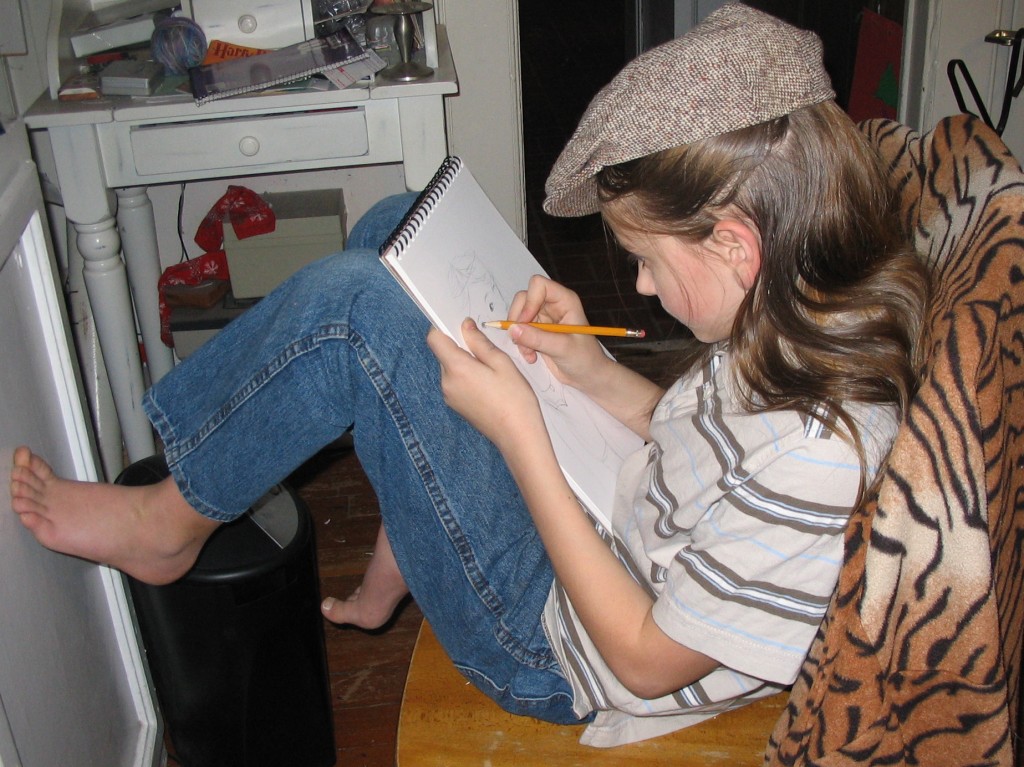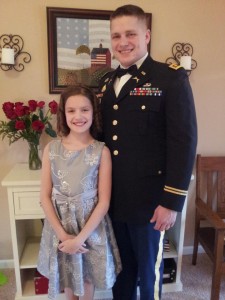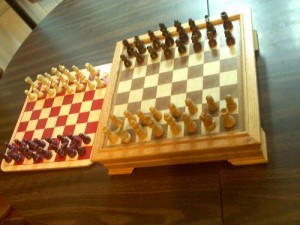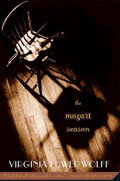People ask me for book recommendations all the time and the type of books they are most often looking for are what I think of as books for the tender-hearted reader. Sometimes the reader is very young and reading well above grade level. This type of reader wants the challenge of a book with a substantial plot, but doesn’t want the emotional intensity, romantic interest or scary content found in some books for older readers. Sometimes the reader is an older child who suffers nightmares, is unusually empathetic, or simply prefers a gentler tale.
Often such readers either choose books written a generation ago when the public taste in children’s books was more restrained or historical fiction, which by the nature of it’s content tends to be quieter and less edgy. These readers often enjoy non-fiction and poetry as well.
Here is a list of contemporary novels that I think will meet the needs of the tender-hearted. I will only post books I’ve read myself. So it will be a slowly growing list. Please contact me if you have a title you’d like to recommend. I will post a very brief description of the books I’ve chosen and provide links to author websites where possible. Check back often for updates.
Middle Grade Novels
Seraphina by Rachel Hartman--This is an intricate and fascinating story of a world in which a tenuous treaty holds between dragons and humans and Seraphina walks a dangerous line between both camps. There’s a lot here for a precocious young reader: heaps of action without grotesque violence, intrigue without soul killing viciousness, a dollop of romance without off-putting detail.
The Spy Mice Series by Heather Vogel Frederick—James Bond for 9 year olds!
The Mother Daughter Book Club Series by Heather Vogel Frederick—a series similar to the
Sisterhood of the Traveling Pants but for younger girls.
Larklight and Starcross by Phillip Reeve—light-hearted science fiction with a very British sense of humor.
Up and Down the Scratchy Mountains by Laurel Snyder—as much adventure as you can possibly have when you bring along a prairie dog and a dairy cow.
The Five Ancestors Series by Jeff Stone—if you love action and adventure but don’t like magic, this kung fu series set in ancient China is for you.
The Penderwicks Series by Jeanne Birdsall—a story about the adventures of four sisters. It’s a contemporary story but in the spirit of Little Women.
Oddfellow’s Orphanage by Emily Winfield Martin--I was originally drawn to this book by its wonderfully retro artwork. It has the feel of a classic from the 20s or 30s, and is possibly the gentlest orphan story every told with charming illustrations on nearly every page. This one is on the young end of middle grade and might make a good first chapter book to read aloud together.



 For Bunk House Chess you need 4 players and 2 chess sets.
For Bunk House Chess you need 4 players and 2 chess sets.